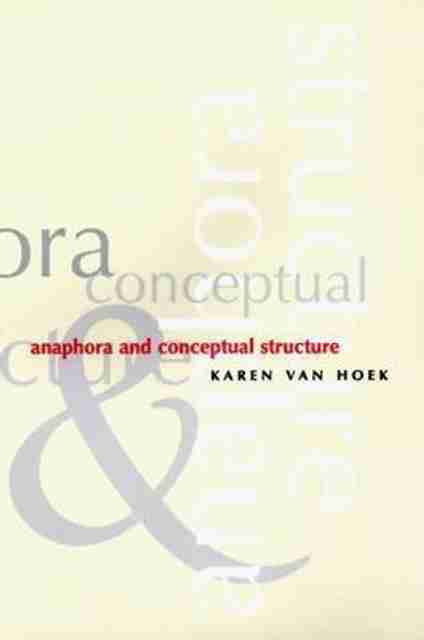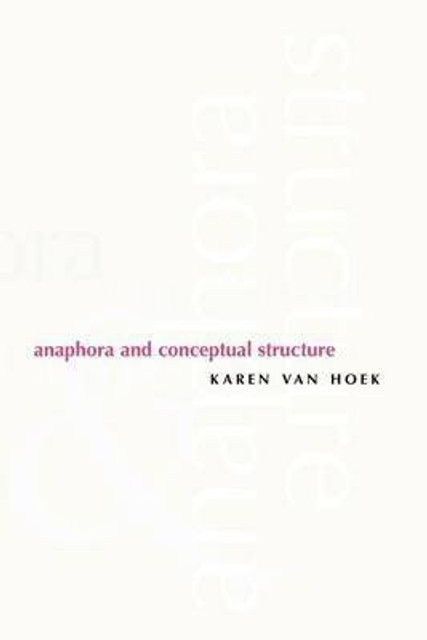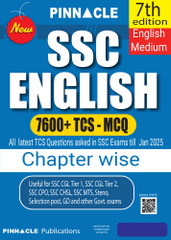Anaphora and Conceptual Structure
The University of Chicago Press
Anaphora and Conceptual Structure (English, Paperback, van Hoek K...
more
Buy at ₹3,898
Apply offers for maximum savings
Apply offers for maximum savings!
Product highlights
Width
2 mm
Height
23 mm
Length
16 mm
Depth
15.19
Weight
397 gr
Series Name
Cognitive Theory of Language & Culture S.
Title
Anaphora and Conceptual Structure
Imprint
University of Chicago Press
All details
Features, description and more
Specifications
Description
Manufacturer info
Show More
Questions and Answers
No questions and answers available
Be the first to ask about this product
Ask a question
Buy with EMI
From ₹393/m
B
u
y
a
t
₹
0
1
2
3
4
5
6
7
8
9
,
0
1
2
3
4
5
6
7
8
9
0
1
2
3
4
5
6
7
8
9
0
1
2
3
4
5
6
7
8
9
Hang on, loading content










